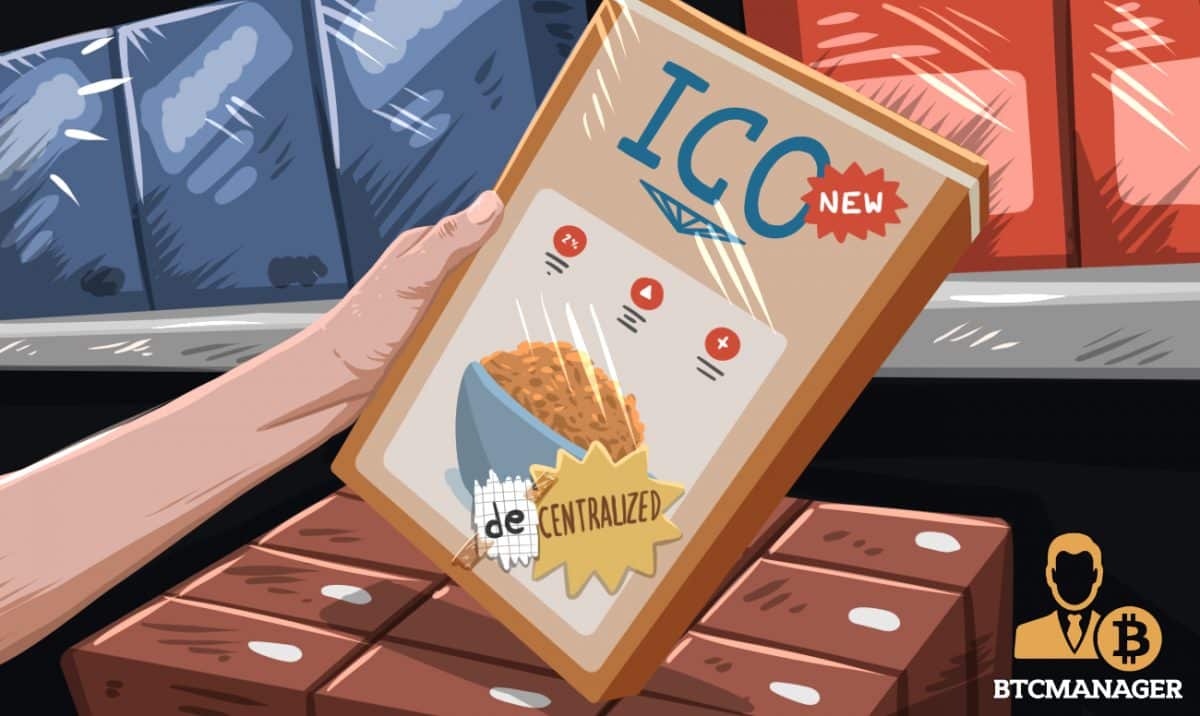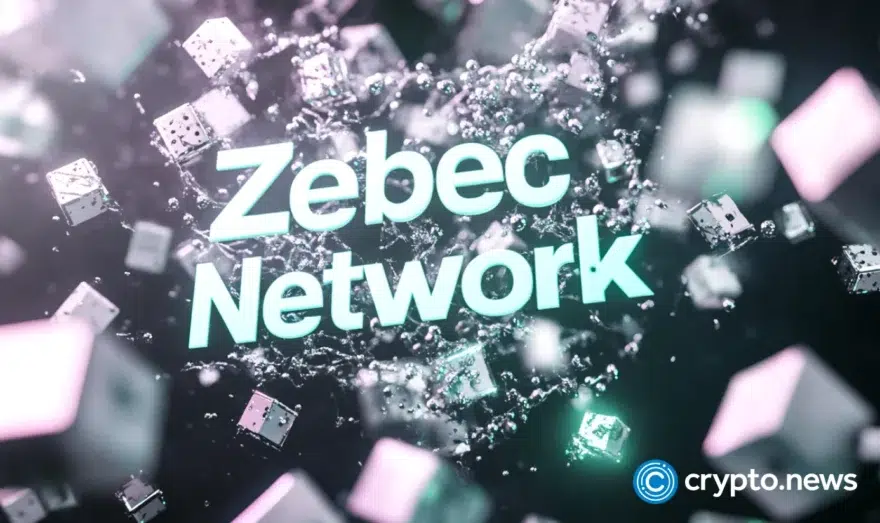Decentralized Initial Coin Offerings are Actually Becoming Centralized

Blockchain technology and cryptocurrencies were designed to disrupt the business process, creating a new order built on the principle of decentralization. Mainstream business history is consistent with the gradual move towards total centralization and the aggregation of business power by an elite minority. The pioneers of blockchain and the crypto revolution are determined to create a system that does away with centralization, replacing it with a more Jeffersonian architecture. However, as the crypto market matures, consolidation seems to be the order of the day. One major area where this phenomenon is most apparent is in the ICO scene.
ICOs: The Crypto IPO Substitute
Since the first ICO in 2013 for Mastercoin, which raised $500,000 in token sales, Initial Coin Offerings (ICOs) have held a special place in the burgeoning cryptocurrency ecosystem. Seen as the replacement for IPOs and other mainstream venture capital models, coin offerings became the preferred fundraising route for blockchain startups.
The need to pitch an idea to a bank or venture capitalist firm in exchange for funding seemed to be, for all intents and purposes, redundant when startups could just present their project to the crypto community directly.
In 2017, there were a number of high profile ICOs like Tezos, EOS, Bancor, and Filecoin. Each of these raised more than $100 million in token sales. While there was a private investment round in each of these ICOs above, the emphasis of the campaign was on the crowd sales round.
The private sale to venture capitalists and other institutional investors were mainly to secure seed funding and to cover the marketing costs for the crowdsale proper. It also helped to improve the pedigree of the project which in turn was bound to get more people interested in the ICO.
However, since the back end of 2017 and the start of 2018, the trend seems to have significantly shifted. More projects are concentrating most of their efforts on private sales with some campaigns not even bothering to hold public sales altogether.
This shift constitutes a departure from the original philosophy of the platform where crowd sales were the most crucial part of the process. Even ICOs like Legolas, which had a crowdsale, used strict KYC and AML protocols which disqualified a great many potential investors.
Reasons for the Trend
While purists and libertarians alike will criticize this growing trend, it is not without reason. For one, the recent crackdown by financial regulators like the SEC regarding the utility token and tokenized security dichotomy has led many ICOs to change their tactics. Merely calling a token a utility when it is, in fact, a security isn’t enough for companies to avoid sanctions from financial regulators. Thus, companies have become much more hesitant to risk government intervention and prefer to opt for a private-only sale.
Another reason has to do with the perceived impatience of the less tech-savvy investment crowd. Some people invest in ICOs not out of an appreciation of the merits of the project but mainly due to the desire to get a hold of cryptocoins that could appreciate in value in the very near future.
They are usually anxious and impatient for the tokens to become traded on exchanges. Private investors tend to be more knowledgeable in how business works and realize that sustainable investments are much more long-term.
The debate continues on the impact of the centralization trend and the blockchain ecosystem in general. Other concerns over the emergence of centralization in cryptocurrency mining and the attempts being made to arrest the situation, similar news for ICOs is yet another cause for concern.














